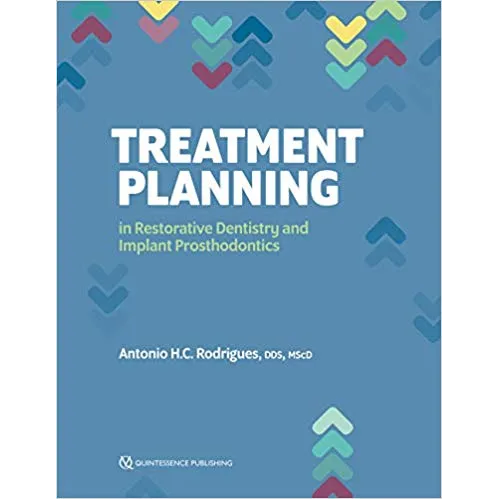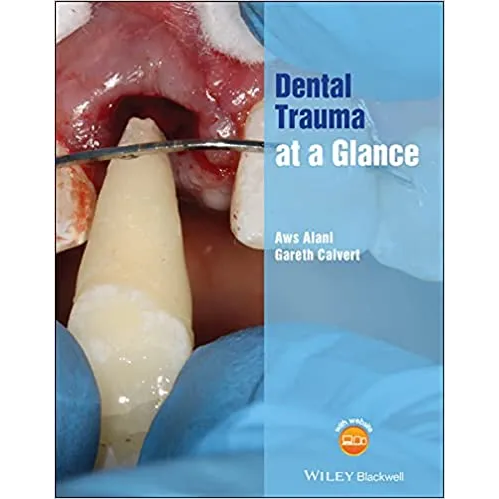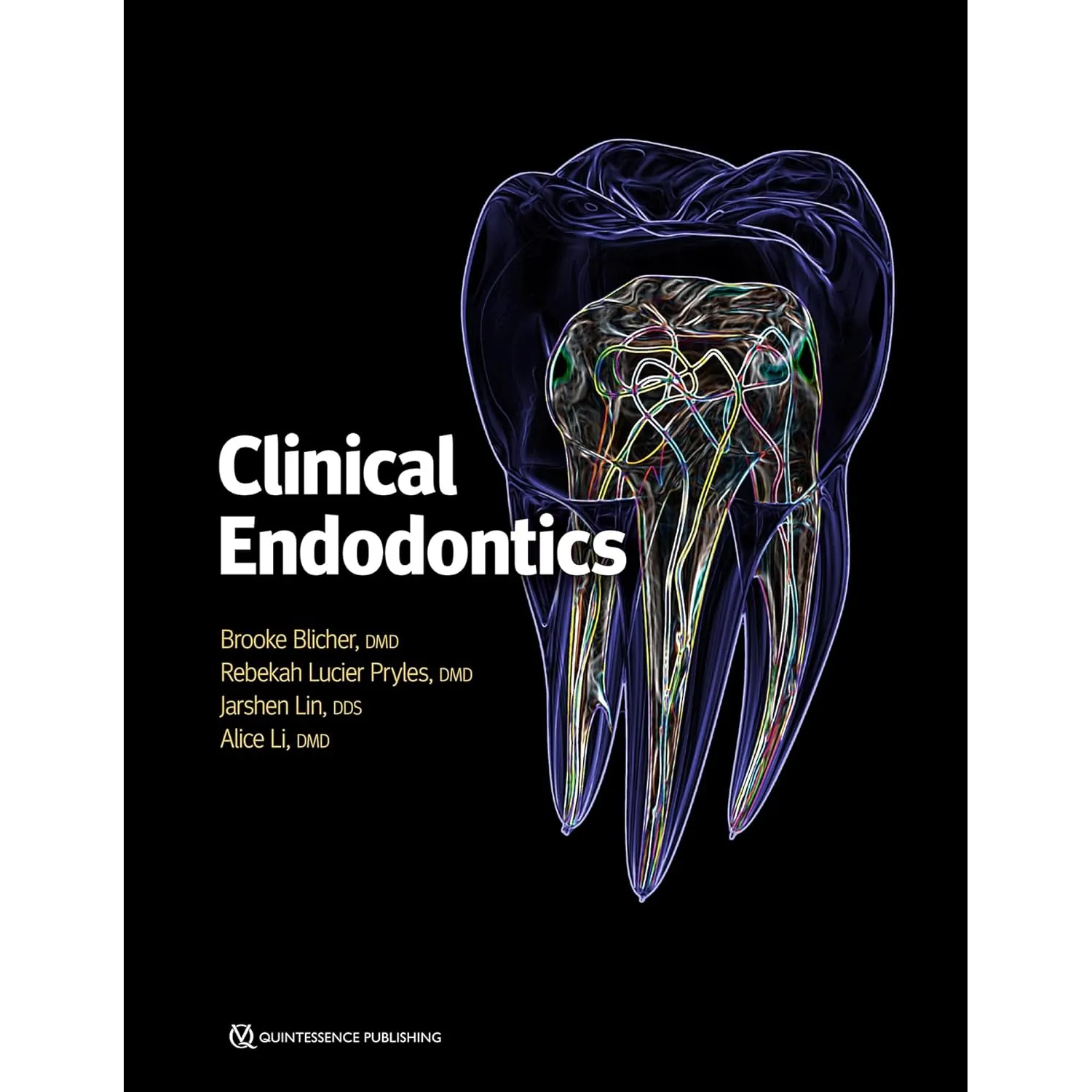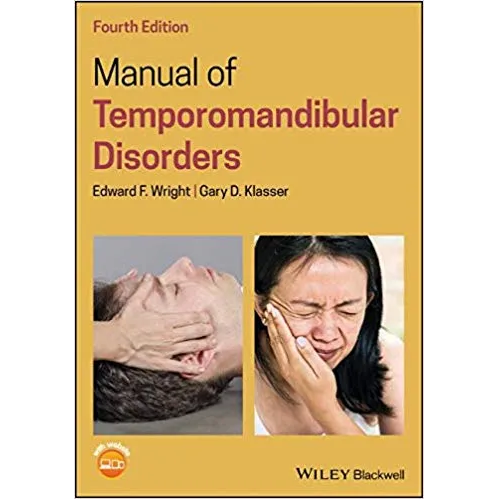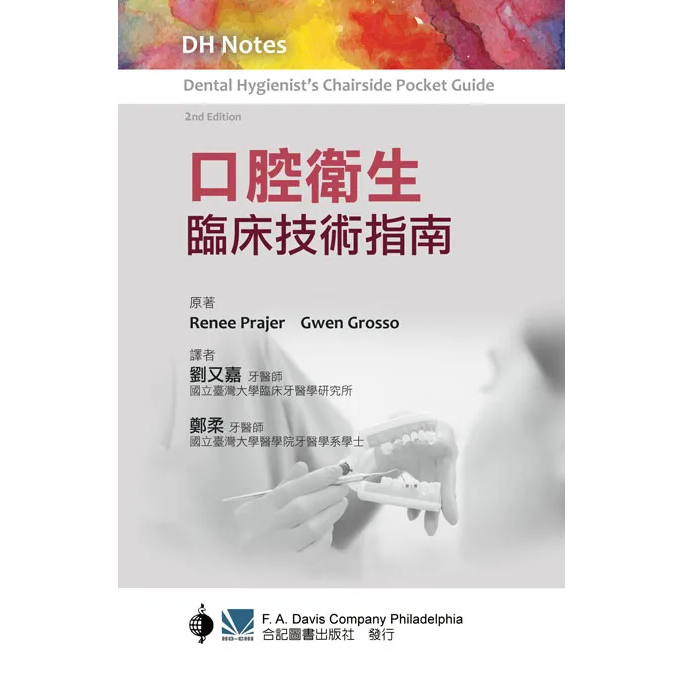Treatment planning is commonly considered one of the most important phases of any dental treatment and vital for achieving successful long-term results. However, most dental schools do not offer courses exclusively designed for comprehensive planning, and comprehensive planning is rarely discussed at scientific meetings because it is considered a basic topic that practitioners should already understand. This knowledge gap leaves practicing clinicians with few options beyond using their own intuition to solve problems, which is highly unpredictable. Therefore, this book presents clinical guidelines for planning treatments in restorative dentistry and outlines a clear, objective, and simple thinking process that can be easily applied in daily practice, essentially providing the reader with a roadmap to be used as a reference from the very initial procedures until final restorative treatment. Part 1 describes how to identify existing problems by gathering, organizing, and analyzing information obtained during clinical examination. Examination checklists and forms are included to ensure that no important information is left out during the evaluation process. Part 2 focuses on providing solutions to identified problems via restorative treatment options, highlighting the use of implant-supported restorations in the treatment of both partially and completely edentulous arches. Part 3 details how to present treatment options to the patient and includes aspects related to patient education, treatment plan presentation, and obtaining informed consent from the patient. Altogether, this book will transform the way you treatment plan your cases.
320 pp; 1,100 illustrations
Contents:
1. Rationale for Developing a Philosophy of Total Care Part One
2. Gathering and Organizing Clinical Data: Initial Consultation
3. Gathering and Organizing Clinical Data: Clinical Examination
4. Extraoral Examination
5. Intraoral Examination: Soft Tissues
6. Intraoral Examination: Hard Tissues
7. Intraoral Examination: Edentulous Areas
8. Intraoral Examination: Specialty Considerations
9. Interpreting the Collected Data, Determining the Diagnosis and Prognosis, and Establishing Treatment Objectives Part Two
10. Restorative Treatment
11. Conventional Restorative Dentistry
12. Implant-Supported Restorations
13. Treatment Plan Development Part Three
14. Preparing the Patient to Make an Informed Decision

